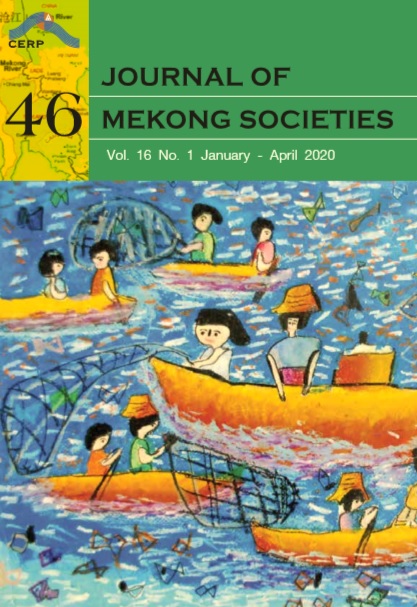The Dynamics of Horses and Tea in Ancient China
Main Article Content
Abstract
Horses and tea played significant roles in China’s cultural and national development. Horses were important resources in transportation, trade, and warfare in ancient China, while tea was a treasured drink and one of the most cherished aspects of Chinese culture. This study explores the dynamics of horses and tea in China from ancient times until the Qing dynasty. The study used the historical method to analyze data from primary sources. The findings reveal that horses played a crucial role in China since the pre-historic period. The Chinese began using horses for military and political purposes during the Shang dynasty. Horses remained important until the Qing dynasty, when they were displaced by advances in technology and the building of railways. As for tea, in Chinese culture, the use of tea reportedly existed long before the pre-historic period. From the Three Kingdoms period to the Northern and Southern dynasties, the tea culture of scholars was perceived to reflect a simple and serene lifestyle. Tea was also included in China’s tributary system. During the Tang dynasty, tea culture spread widely throughout the country, as well as to neighboring empires and tribes. Tea and horses were related to each other as they were exchanged between the empire, which needed more horses, and neighboring areas that demanded tea from the empire. With the arrival of modern technology, the role of horses started to decline, while tea still remained important in China. Finally, the relationship between horses and tea came to an end.


